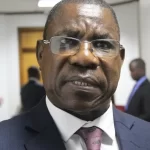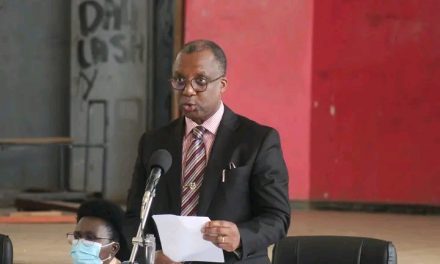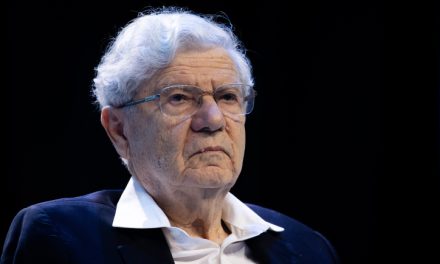
European Powers Denounce Israel Settlements

The foreign ministers of five Western powers say they are “deeply troubled” by the far-right Israeli government’s decision to push ahead with the construction of thousands of settlement units in the occupied West Bank.
Ministers from France, Germany, Italy and the United Kingdom on Tuesday followed the United States in denouncing the planned expansion.
“We strongly oppose these unilateral actions, which will only serve to exacerbate tensions between Israelis and Palestinians and undermine efforts to achieve a negotiated two-state solution,” they said in a statement.
“We continue to support a comprehensive, just, and lasting peace in the Middle East, which must be achieved through direct negotiations between the parties.
Norwegian foreign minister Anniken Huitfeldt also condemned Israel’s plans.
“The Israeli settlement policy on occupied land is contrary to international law and must be stopped,” Huitfeldt told Norwegian news agency NTB.
The Israeli settlement plans have also drawn condemnation from Israel’s Arab neighbours Jordan, Egypt and Saudi Arabia.
However, Israel’s hardline security minister Itamar Ben-Gvir said he wanted to see more Jewish settlements. “The land of Israel belongs to the people of Israel,” he said in a video message.
‘Disagreements are allowed’
On Sunday, Israeli Prime Minister Benjamin Netanyahu’s cabinet unanimously authorized the legalization of nine settlement outposts and said it would soon approve additional construction in existing settlements.
Ben-Gvir added: “This is our mission. This is our doctrine. Nine settlements is nice, but it’s still not enough. We want much more.
Israel’s Finance Minister Bezalel Smotrich said about 10,000 new homes are to be approved.
US Secretary of State Antony Blinken said on Monday he was “deeply troubled” by the Israeli decision but gave no indication the US would take action against Israel.
Smotrich responded to Blinken’s rebuke by saying his government “clarified our position to the Americans” and “disagreements are allowed, even between friends”.
Ultranationalists who oppose Palestinian statehood comprise a large part of Israel’s new government, which has put settlement construction at the top of its priorities.
Smotrich, a religious ultra-nationalist settler, said he and his allies were “committed to removing completely the restrictions on building” in the occupied West Bank.
A longtime settler leader, Smotrich has been promised authority over the defence body responsible for West Bank settlement construction as part of his coalition agreement with Netanyahu.
He said once he receives those powers, he will act to “normalise” life for more than 500,000 Israeli settlers in the West Bank.
‘Don’t really care’
Rami Khouri from the Harvard Kennedy School in Boston said it remains to be seen if the Americans and Europeans are “serious” about applying international law to the Israelis.
“Or are they just going to issue statements when Israel does something illegal and criminal? The Israelis have done this since 1947 – taking Palestinian land. These are historical trends that are really at a reckoning right now,” said Khouri.
The statements by Western powers will likely have little effect on the Israeli hardliners, he told Al Jazeera.
“They don’t really care because they’ve never been subjected to real sanctions or accountability… The Israelis have never suffered any pressure so they keep doing what they’re doing.”
Israel captured the West Bank along with East Jerusalem and the Gaza Strip in the 1967 Middle East war. The Palestinians seek those territories for a future independent state.
Most of the international community considers Israeli settlements illegal and obstacles to peace. Some 700,000 Israeli settlers live in the occupied West Bank and East Jerusalem.






























